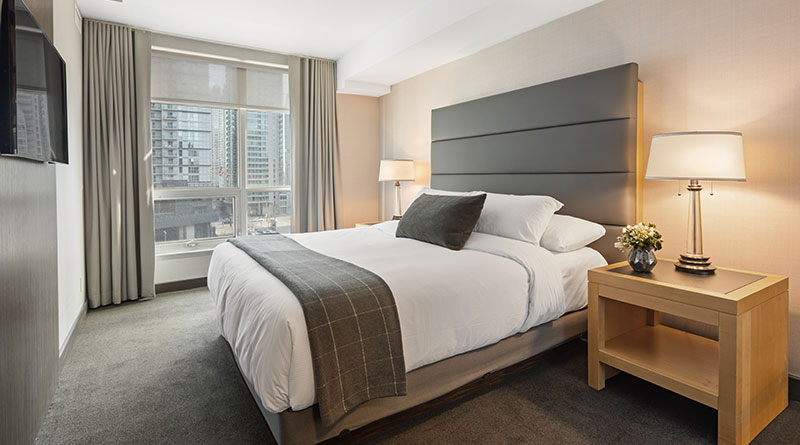Hotel Sector Brace For National Minimum Wage Headwind After A Slow Start To The Year

The UK hotel sector saw a seasonal decline in demand and room rates during January, but the slow start to the year is set to be exacerbated further by the upcoming national minimum wage (NWM) increase in April, according to the RSM Hotels Tracker.
The data, which is compiled and produced by Hotstats and analysed by RSM UK, shows that despite the significant growth in room rates since the pandemic, total labour costs as a percentage of revenues increased from 35.1% (January 2020) to 38.3% (January 2024) in the UK and from 31.3% to 35.7% in London.
Gross operating profits (GOP) dropped from 35.3% (December) to 16.1% (January) in the UK and from 44.2% to 24.5% in London. While GOP is largely in line with the same period in 2022, it is lagging significantly behind pre-pandemic levels, at 25.2% in the UK and 33.6% in London.
Chris Tate, head of hotels and accommodation at RSM UK, said: ‘Labour costs are up, and profits remain static, but they are still way behind pre-pandemic levels. As cost pressures eat into profitability, the forthcoming national minimum wage increase is yet another challenge the industry will need to navigate to remain viable.’
Hotel occupancy saw a bigger than usual decline due to an exceptionally strong December, falling from 70.9% (December) to 62.1% (January) in the UK and from 80% to 65.8% in London. Despite the drop, UK and London occupancy remains above the same period in 2022, at 59.4% and 59.8% respectively.
Average daily rates (ADR) of occupied rooms were down from £153.31 (December) to £118.46 (January) in the UK, with a stark decrease from £231.29 to £178.84 in London. Room rates were largely in line with the previous year, at £114.54 (UK) and £177.48 (London). Similarly, RevPAR of UK hotels fell from £108.65 in December to £73.54, and from £185.05 to £117.71 for London hotels.
Chris Tate added: ‘While demand in the sector typically dwindles at this time of the year, the industry is bracing for forthcoming headwinds. Support to level the VAT playing field with European counterparts, plus implementing measures to attract international visitors such as a U-turn on the ‘tourist tax’, although seemingly unlikely, would be welcomed in next week’s Spring Budget to improve the competitiveness of UK hospitality, and help the sector thrive.’
Thomas Pugh, economist at RSM UK: ‘The hotel sector, like many other parts of the economy faced a tough start to the year after slipping into recession in the second half of last year. But the hotel sector faces some specific challenges. While wage growth in the rest of the economy is slowing, the hotel sector is more heavily exposed to the upcoming increase in the national minimum wage, which will push up overall costs. In addition, weak economic conditions abroad, especially in Europe and China, will hamper demand from overseas. That points to challenging times for hoteliers in the first half of the year.
‘However, things look brighter in the second half of this year and into 2025. The inflation rate is expected to fall to roughly 2%, which would allow the Bank of England to start cutting interest rates. At the same time, real earnings growth will continue to rise and may hit its strongest growth rate in almost 20 years. There is also the distinct possibility of further tax cuts coming in March. Combine these three factors together and households should be feeling significantly better off later this year, allowing them to ramp up spending, including on travel and leisure.’
